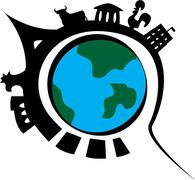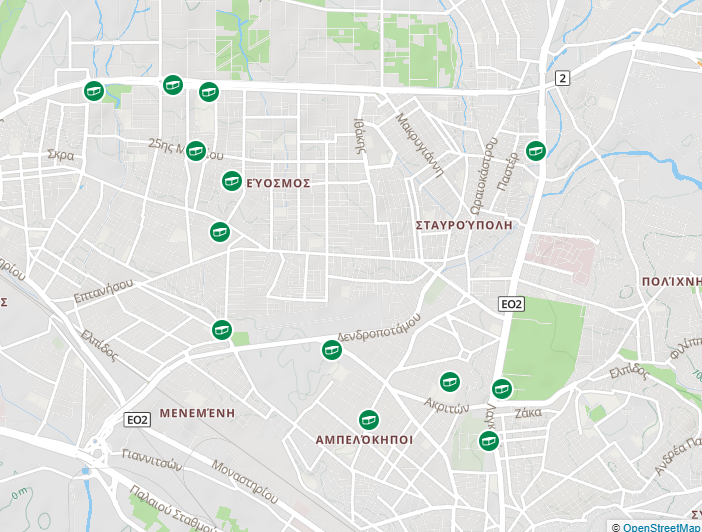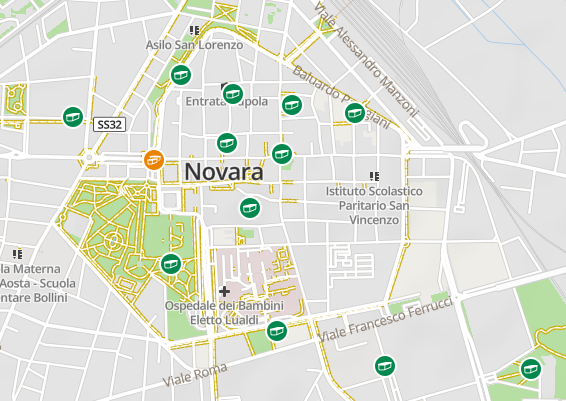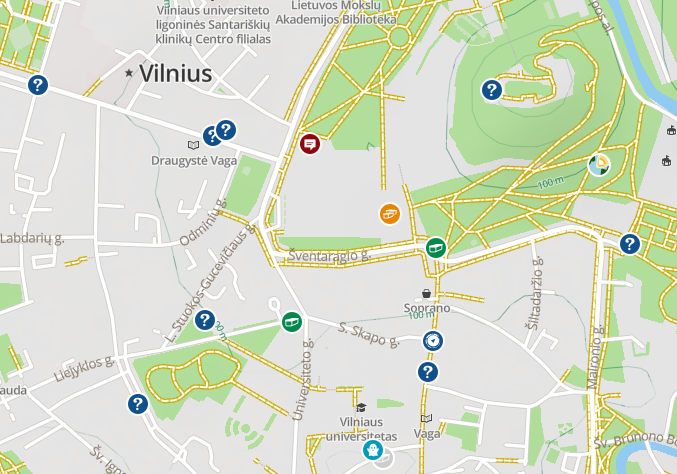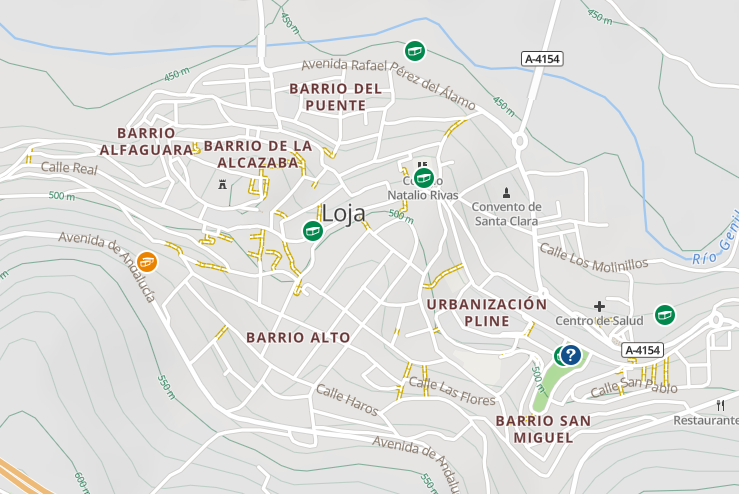|
Welcome to the webpage of the Erasmus+ project GEOCACHING - MINDS ON THE MOVE.
The project is about the use of geocaching (treasure hunts with a gps device) as an educational tool. It has been sponsored by the European Union and developed by seven different schools from seven European countries: France: BOLLENE - Lycée Lucie Aubrac Greece: THESSALONIKI - Senior High School of Intercultural Education of Evosmos Italy: NOVARA – Istituto Professionale di Stato “Giuseppe Ravizza” Lithuania: VILNIUS - Vilniaus Juzefo Ignacijaus Krasevskio gimnazija Poland: KIELCE - Zespół Szkół Ponadgimnazjalnych nr 2 im. J. Piłsudskiego Portugal: SINTRA - Escola Básica e Secundária, Mestre Domingos Saraiva Spain: LOJA - IES Moraima Please check out our outcomes. |
Gantt chart for the project
|
Geocaching for educational purpouses in seven different European countries
Check our caches and trails at www.geocaching.com
In order to be able to see the caches you need to register. It only takes a couple of minutes.
In order to be able to see the caches you need to register. It only takes a couple of minutes.
Geocaching is a treasure hunting game that exploits the use of a Global Positioning System (GPS) as well as other navigation tools to hide and seek things which geocachers call “caches”. It is an entertaining way to explore unknown places, usually a valid alternative to other more common free time activities, but its potentials can also be exploited to produce flexible, creative, innovative teaching/learning units and modules.
Geocaching MoM is a project supplementary to the Erasmus+, KA2 - Cooperation for Innovation and the Exchange of Good Practices, Strategic Partnerships for Schools Only (CallQ2016).
OBJECTIVES:
• Exploit Geocaching to make lessons more effective and appealing
• Motivate students to approach to difficult subjects (e.g. Science, Maths, Physics, Technologies, Geography, Foreign Languages)
• Devise new learning patterns in order to facilitate the learning process
• Reduce school drop-outs
• Develop soft skills like team work, resilience, mental agility, problem solving
• Implement communicative competences starting from the basic understanding of all the partners' languages
• Design teaching modules for Art, History, Geography, Information Technology, Languages, Physical Education, Maths, Sciences, Tourism (some of these subjects have been officially cancelled or remarkably reduced from some national curricula)
• Show the importance of biological and cultural environment, not only as a place for enjoyment and entertainment but also as a source of economical wealth that we must protect, promote and publicize outside the regional boundaries
• Put people on the move: encourage them to be active on the web, move around and explore the place where they live, be curious about the places they do not know (move from a passive to an active approach)
WORK PROCESS:
At first teachers learned how to devise effective trails exploiting each partner’s expertise and background, and students tried, tested and validated the trails. In a second phase of the project, students learned how to produce geocaching experiences by themselves and then they were involved in peer-to-peer activities, inside their schools, but also for the sake of their local communities and, during some Blended Mobilities, with their international friends.
On a regular basis, students took part in communication activities in order to exchange information about their findings and design common activities. Students also worked online.
We worked in the context of our Erasmus + project and according to our agreed timetable where all the activities have been set and programmed. Transnational project meetings have been held in our countries. Our work had 5 short-term joint staff training events for the teachers involved and 5 short-term exchanges of groups of pupils where Geocaching trails have been developed and implemented. Between meetings, video conferences and eTwinning communication have been the main way of supporting our work and kept team building alive.
EXPECTED RESULTS:
Students made new friends from other countries and cultures and they improved for becoming European Citizens.
By the end of Geocaching –Minds on the Move (MoM) Project,
1) a website was created: a) to host students' work: pictures, videos and research about their partner countries b) to project guidelines to produce learning modules based on the geocaching methodology c) to present Geocaching Tours/Trails with focus on Tourism/Geography, Art History, Food, Sports/Outdoor Activities, Science, History, Languages, Maths and Physics with targets in each partner's region;
2) teachers exchanged ideas and developed new skills based on geocaching for the purpose of making lessons more appealing and effective;
3) an informal Erasmus plus Couchsurfing network - students and teachers travelling, individually or in group, to visit partners.
Geocaching MoM is a project supplementary to the Erasmus+, KA2 - Cooperation for Innovation and the Exchange of Good Practices, Strategic Partnerships for Schools Only (CallQ2016).
OBJECTIVES:
• Exploit Geocaching to make lessons more effective and appealing
• Motivate students to approach to difficult subjects (e.g. Science, Maths, Physics, Technologies, Geography, Foreign Languages)
• Devise new learning patterns in order to facilitate the learning process
• Reduce school drop-outs
• Develop soft skills like team work, resilience, mental agility, problem solving
• Implement communicative competences starting from the basic understanding of all the partners' languages
• Design teaching modules for Art, History, Geography, Information Technology, Languages, Physical Education, Maths, Sciences, Tourism (some of these subjects have been officially cancelled or remarkably reduced from some national curricula)
• Show the importance of biological and cultural environment, not only as a place for enjoyment and entertainment but also as a source of economical wealth that we must protect, promote and publicize outside the regional boundaries
• Put people on the move: encourage them to be active on the web, move around and explore the place where they live, be curious about the places they do not know (move from a passive to an active approach)
WORK PROCESS:
At first teachers learned how to devise effective trails exploiting each partner’s expertise and background, and students tried, tested and validated the trails. In a second phase of the project, students learned how to produce geocaching experiences by themselves and then they were involved in peer-to-peer activities, inside their schools, but also for the sake of their local communities and, during some Blended Mobilities, with their international friends.
On a regular basis, students took part in communication activities in order to exchange information about their findings and design common activities. Students also worked online.
We worked in the context of our Erasmus + project and according to our agreed timetable where all the activities have been set and programmed. Transnational project meetings have been held in our countries. Our work had 5 short-term joint staff training events for the teachers involved and 5 short-term exchanges of groups of pupils where Geocaching trails have been developed and implemented. Between meetings, video conferences and eTwinning communication have been the main way of supporting our work and kept team building alive.
EXPECTED RESULTS:
Students made new friends from other countries and cultures and they improved for becoming European Citizens.
By the end of Geocaching –Minds on the Move (MoM) Project,
1) a website was created: a) to host students' work: pictures, videos and research about their partner countries b) to project guidelines to produce learning modules based on the geocaching methodology c) to present Geocaching Tours/Trails with focus on Tourism/Geography, Art History, Food, Sports/Outdoor Activities, Science, History, Languages, Maths and Physics with targets in each partner's region;
2) teachers exchanged ideas and developed new skills based on geocaching for the purpose of making lessons more appealing and effective;
3) an informal Erasmus plus Couchsurfing network - students and teachers travelling, individually or in group, to visit partners.


